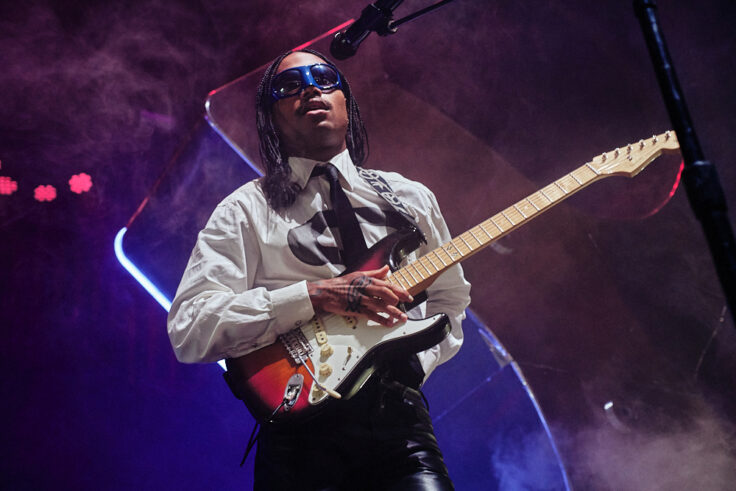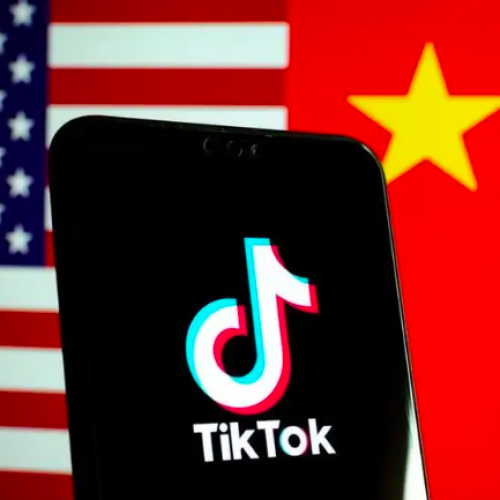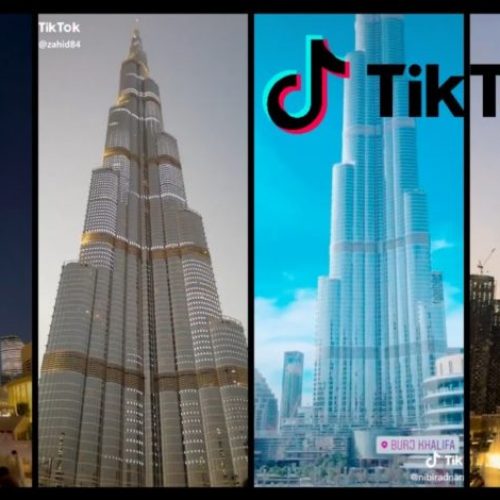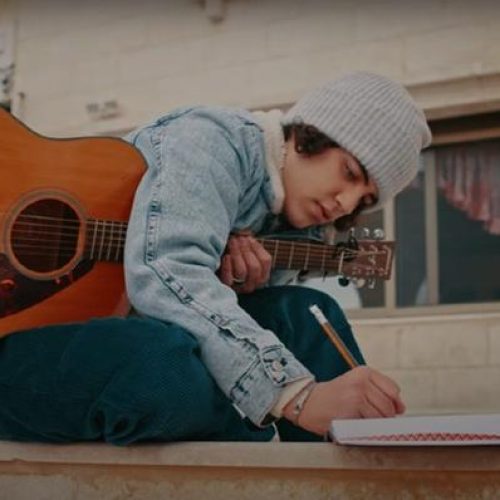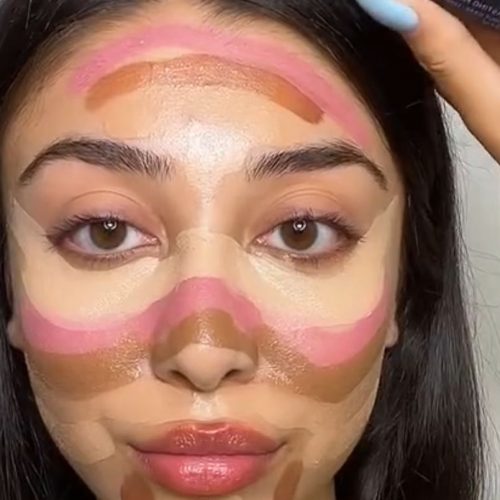As some of you may already be aware, I’m not TikTok’s biggest fan. That might have to do with my allegiance to its predecessor, namely Vine, but it’s also some of the effects it has that makes my hair want to stand up. Picture this: you’re an artist, and you’re about to go up on stage, with all the stress that obviously entails, you start singing some of your favorite tracks, to notice that the room only flares up for about 30 seconds before dying out. This is what some would refer to as the “TikTokization” of music, a phenomenon that’s been on the rise and that hasn’t been without any consequences on the industry.
Don’t get me wrong, there are aspects of TikTok, or just today’s Internet, that I do really appreciate. Number one is the fact that these apps have broken the pre-existing fourth wall there allegedly was between personalities, the press, as well as the observer. A-listers have never been more accessible than now and artists have never been more relatable, and that’s purely a result of the fact that social media platforms can turn anyone and anything into the next big thing overnight — for better or worse. We’re past the times of hailing a few individuals as the literal definitions of perfection— Instagram, TikTok, and Snapchat have all given us, more or less, the same chance at claiming our right to fame by notably ignoring and dismissing traditional media instruments. Viewers have more say in who they want the next sensation to be, but this virtue doesn’t prevent this new generation of stars from all vices, as in fact, it comes with its own set of issues.
Artists blowing up overnight have been seen becoming more and more common on the Internet. All it usually takes is for them to share a song with their followers and users will then catch snippets from the track and use it as background music for their own videos. This formula effectively doubles, or should we say triples, the reach of a title, as the number of times the track was used as audio will be multiplied by the total amount of views from the original content and re-adaptations. One song goes viral and artists start seeing all the deals come in, the sponsorships pouring through, and in some cases, prizes piling up, but it also seems that this elevator of success can also prove to be quite harmful and frustrating to a fair few.
tiktok really has had such an impact on how artists release music like it's wild pic.twitter.com/53KLaSUvVO
— derek (@reindeereks) February 5, 2021
Lil Nas X is arguably one of the first victims of this fairly recent trend. From one week to the next, Old Town Road catapulted the 23-year-old singer and songwriter to unprecedented heights, breaking multiple records, and embracing levels of recognition others could only dream of. Looking back at it all now, it’s worth wondering whether any of us are actually capable of naming five other tracks from the former chart-topping rapper, or otherwise, if any of us can sing along to any other bit of them other than the hook. Some would argue that this doesn’t matter as long as the given artist reaches his own personal goal in whatever endeavor he pursues. And that statement would be valid if, what we’ll refer to today as ”TikTok artists” didn’t speak out against the process themselves.
I don’t personally know Steve Lacy, but I can bet that being No.1 on the Billboard charts was probably an achievement he wished to one day reach in his life. And it did happen, probably sooner than he had expected. A few months ago, the Compton-born singer was literally everywhere. Be it TikTok, Twitter, or Instagram, his track Bad Habit could be heard soundtracking nearly every single piece of content that was posted online. Rising through the industry’s ranks at a pace someone will need to study at some point, when performing live, it appeared that concert-goers could only sing along to the viral 30-seconds they heard on their For You Page. How sad, especially if your song was used over one million times on TikTok alone. Given the rhythm at which the industry is seemingly going, keeping up with the hot topic of the moment means skipping the process of deep diving into an artist’s craft and work, skimming only what is needed to be remembered to be in tune with the latest trends.
YALL PAYING OVER $100 FOR TICKETS AND DONT EVEN KNOW THE MOST POPULAR SONG?!?!
— j a d a (@jadawadas) October 17, 2022
The effect of TikTok goes even further as, although the above seems to be a byproduct of the Internet’s randomness in selecting who will become the next superstar, Tweets featuring screenshots of TikTok videos from Halsey, FKA Twigs, Charli XCX, and Florence Welch all claim that record labels might have something to do with it. We have all probably noticed how, since the development of streaming platforms, songs have gotten briefer as shorter songs lead more streaming time which ultimately leads to more revenue. According to the aforementioned artists, it seems as if management companies are trying to force their way into algorithms, tamper with the way it works, and force their signed talents to get involved with it. Charli XCX could be seen lip-syncing ”I didn’t really want to be here,” captioning a TikTok video of her with the following sentence: ”When the label asks me to make my 8th TikTok of the week.” New Jersey pop singer Halsey also spoke out saying that she couldn’t publish her newest single until her team had found some viral moment to ride the release with.
@charlixcx Stream good ones tho !
Many end up losing out as a result of the ongoing dynamics. Only a handful, like with most things, end up actually benefiting from the above metrics. Already established artists like Harry Styles use these formulas to build on their already existing popularity and following. When tracks like As It Was go viral, they generate more noise and hype around his persona, and will never really cause any harm since regardless of his song of the moment, fans will still take the time to sift through his repertoire and sing along to his tracks, which is making us wonder whether apps are better to kickstart a career in the industry or blow life back into it once you’re already established.
Whatever the answer, one thing is for sure: as long as we struggle to harness TikTok’s power and reach, artists, regardless of their popularity, will, unfortunately, have to bend over to its way of functioning as cash rules everything around us, and while its algorithm has many useful features, making money is by far the most important one.





